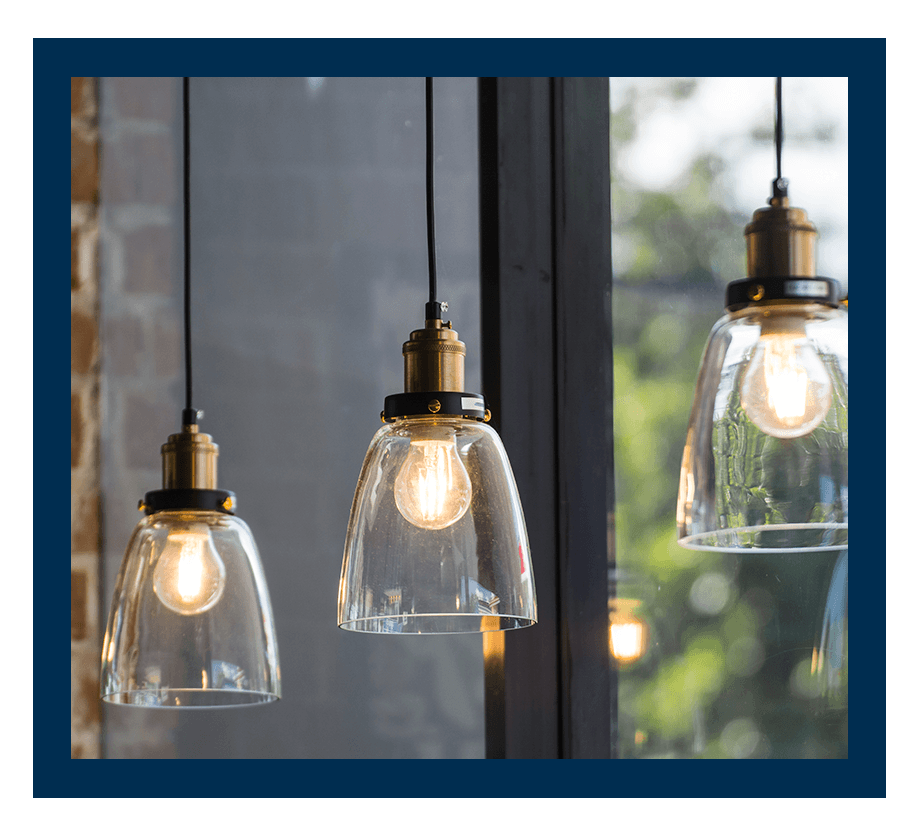Thermo Direct offers generator installation and generator repair in Durham, NC, helping local homeowners get freedom from the grid. Having a home generator you and your family peace of mind that you’ll have a backup power supply in the event of a power outage. Extreme weather and growing demands on the power grid mean outages are becoming increasingly common in many areas.
Generator Installation & Repair in Durham, NC
Your Generator Installation


Home Generators for Backup Power
Power outages are common during storms and other types of extreme weather. It can take hours or even days for the power to come back on after an outage. Having a home generator helps you and your family stay comfortable and live a relatively normal life while you wait for the local grid to be restored. Portable generators can be useful for camping trips, but if you want something that will support your household during a storm you’ll need a more powerful system. Investing in professional generator installation is important because wiring these systems up to your home’s electrical supply is a skilled job.
Generators are quite durable, but they do need regular maintenance to work at full efficiency. Thermo Direct offers generator repair services, helping you maintain your generator and ensure it will be reliable when you need it. Standby generators need to be cycled regularly to keep them working properly. If you’ve shut your generator down and left it unused for extended periods you may struggle to get it working again when you need it.
- Difficulty starting the generator
- Unstable power output
- Strange noises or smells coming from the generator
- Visible signs of damage to the generator
- Your generator cuts out randomly or is slow to start up
Other Popular Questions our clients ask us when it comes to replacing their generator.
Do you need an electrician to hook up a generator?
When it comes to having a whole house generator installed, your electrician will know the latest codes to be followed for optimum safety. The improper installation of a generator can have serious consequences that threaten life and property, including gas leaks, fire hazards, air poisoning inside of the home, and more.
Is there a tax credit for a whole house generator?
Is a Whole-House Generator Tax Deductible? In general, the cost of a whole-house generator and its installation are not tax-deductible. However, if someone in your family has a medical device that relies on electricity, you may be able to deduct it from your taxes as a medical expense.
How big of a generator do I need for a 2000 square foot house?
The average family with a 2,000 ft2 home may require up to 30,000 watts hours (30kWh) to power all of their devices, appliances, laundry, air conditioning, and heating units for a day. Around 5000 watts of AC output should simultaneously power the essential appliances in a 2,000 ft2 house.
Can a generator run in the rain?
Whether it’s a light mist or a torrential downpour, rain can lead to generator damage. And wet generators are a liability. Even minor generator damage can increase the potential for injury or costly repairs. To keep your power source safe in wet conditions, your first priority should be to keep it covered.
Generator Installation & Repair in Durham You Can Trust
At Thermo Direct we’re proud to serve Durham homeowners and others in the broader Triangle Community. We offer generator installation and repair services that Durham homeowners can depend on. Our highly trained electricians have experience with a wide variety of generators, and we keep a large range of parts in stock, allowing us to complete repairs promptly. We’re proud holders of an Angi Super Service Award, showcasing our commitment to professional, comprehensive service.
If you’re considering having a generator fitted for the first time, or are looking for a dependable generator repair company to help you prepare for the unexpected, call Thermo Direct today for a no-obligation quote.
Not in need of generator services? We can also help with surge protection, rewiring, electrical panels, and more.

CONTACT OUR THERMO
DIRECT DOCTORS

©2024 Thermo Direct. All Rights Reserved. License: #63059HVAC #23462. Privacy Policy. Web Design and Internet Marketing by RYNO Strategic Solutions




